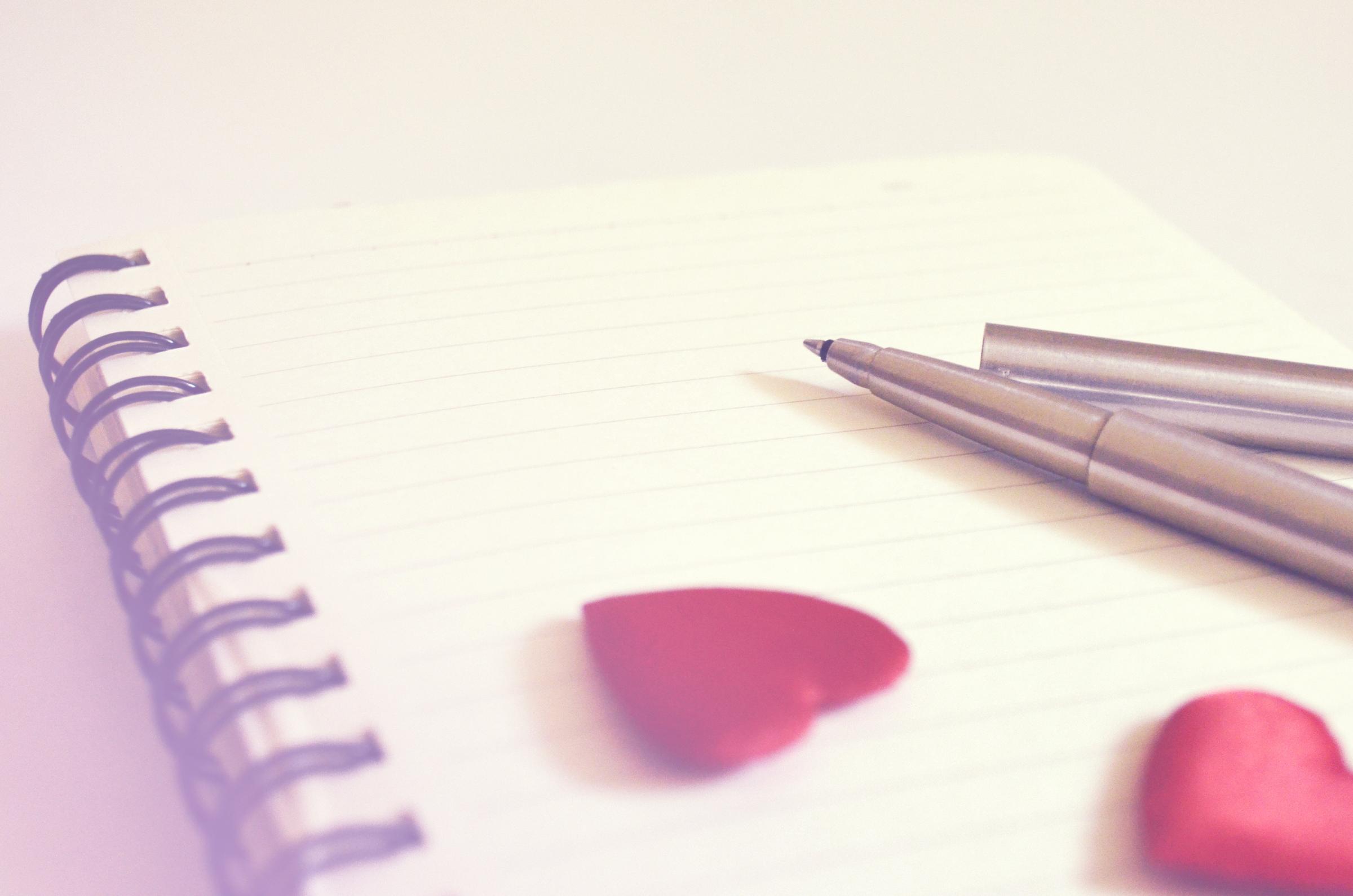Maths

This article highlights activities for our older students, specifically those in Years 3 to 6. These engaging activities, recommended by the Department of Education, can be shared and enjoyed at home.
Cooking
Children can:
- Investigate the units of measurement for items in the pantry or refrigerator.
- Cut the sandwich in half:“Can you cut the sandwich in half creating a different shape?”
- Mix a drink for the family: e.g. measuring cordial, fruit and water.
- Estimate how much each item weighs, then check how close the estimates are.
- Find the time we start cooking the rice so that our food is ready to be served at the same time?
- Change a recipe that serves 6 for 4 people (or 6 for 3 people for lower levels). How much of each ingredient will we need?
- Be a junior Masterchef: e.g. measure and weigh ingredients, apply ratio, consider cooking time, and serve portion sizes.
Are we there yet?
Children can:
- Collect important dates and mark them on a calendar.
- Time how long does it take us to travel to school.
- Estimate how far you’ve travelled, the distance to your destination, and how long it is going to take.
- Find the arrival time: e.g. If it is 4.38pm now and it will take us 15 minutes to get there.
- Enter dates into a digital calendar: e.g., identify the day of the week, the time between dates and set reminders.
- Help you to make a travel plan using timetables.
- Read the public transport maps to follow along with each stop.
Shopping
Children can:
- Estimate the total cost of your supermarket purchase.
- Estimate and weigh the fruit and vegetables;
- Compare two items for the best value for money
- Discuss if an item on“special” is really that special
- Find specific items (e.g., medium-sized tin of red beans, 2 litres of milk, 250g of mince).
- Find how many apples/bananas will weigh a kilogram.
- Look for the best buy between different brands of the same item then different sizes of the same item.
- Cut items from shopping brochures that add to different values.
- Estimate how many bags you will need to carry your grocery shop.
- Disassemble a package to create a two-dimensional net.
- Compare packaging sizes for a litre and a kilogram.
Kelvin Tang
Numeracy Specialist
